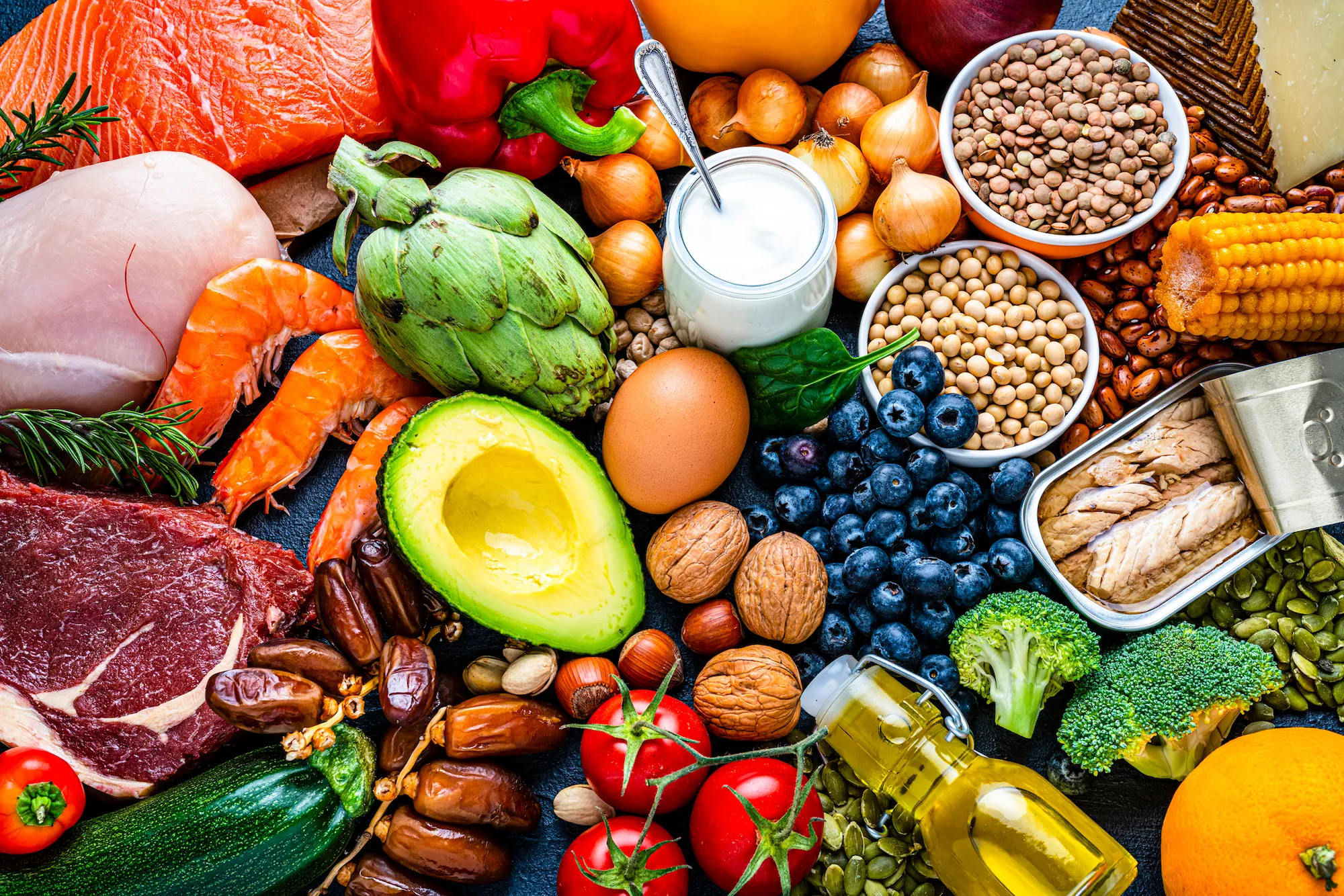A high-fiber diet offers numerous benefits for overall health and well-being. Fiber is a type of carbohydrate that the body cannot digest or absorb, but it plays a crucial role in maintaining optimal health. Here are some specific benefits of a high-fiber diet:
- Supports Digestive Health: Fiber adds bulk to the diet, promoting regular bowel movements and preventing constipation. It can help alleviate symptoms of digestive disorders like irritable bowel syndrome (IBS) and diverticulosis.
- Promotes Heart Health: High-fiber foods, particularly soluble fiber, can help lower cholesterol levels by reducing the absorption of cholesterol in the bloodstream. This, in turn, helps decrease the risk of cardiovascular diseases like heart disease and stroke.
- Regulates Blood Sugar Levels: Fiber slows down the absorption of sugars, preventing rapid spikes in blood sugar levels. This is beneficial for individuals with diabetes, as it can help manage blood sugar control.
- Supports Weight Management: High-fiber foods are generally low in calories and provide a feeling of fullness, helping to control appetite and reduce overeating. Including fiber-rich foods in the diet can aid in weight management and prevent weight gain.
- Enhances Gut Health: Fiber acts as a prebiotic, serving as fuel for beneficial bacteria in the gut. Adequate fiber intake promotes the growth of these beneficial bacteria, which in turn helps maintain a healthy gut microbiome and supports overall gut health.
- Reduces the Risk of Certain Cancers: A high-fiber diet, particularly from fruits, vegetables, and whole grains, has been associated with a lower risk of developing certain types of cancers, including colorectal cancer.
- Supports Healthy Skin: Fiber-rich foods help remove toxins from the body and promote efficient elimination, which can contribute to clearer and healthier skin.
- Aids in Weight Loss: High-fiber foods are often lower in calorie density, meaning they have fewer calories per serving compared to processed and low-fiber foods. By incorporating more fiber into your meals, you can feel satisfied while consuming fewer calories.
- Promotes Longevity: Several studies have linked a high-fiber diet to a reduced risk of overall mortality. A diet rich in fiber, especially from whole plant-based foods, has been associated with a longer lifespan.
- Improves Nutrient Absorption: A healthy digestive system, supported by a high-fiber diet, allows for better absorption of nutrients from food, ensuring that your body gets the necessary vitamins, minerals, and other essential nutrients.
Including a variety of whole grains, fruits, vegetables, legumes, nuts, and seeds in your diet can help you achieve the recommended daily intake of fiber. Remember to increase your fiber intake gradually and drink plenty of water to support healthy digestion.












Interesting read! It’s smart to approach gaming with a level head – understanding the odds is key. I noticed legend link link emphasizes cultural roots, which is a unique approach to online play – good to see responsible gaming considered!
Is bet169net a legit place? I am looking for great odds for tonight’s game. I hope to get lucky! Maybe I’ll try my luck out here: bet169net
Yo, just tried out vip345apk and it’s pretty slick! The app is easy to navigate and the odds are decent. Definitely gonna keep using it. Check it out here: vip345apk